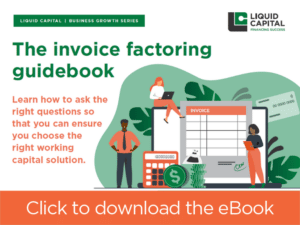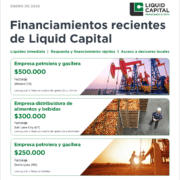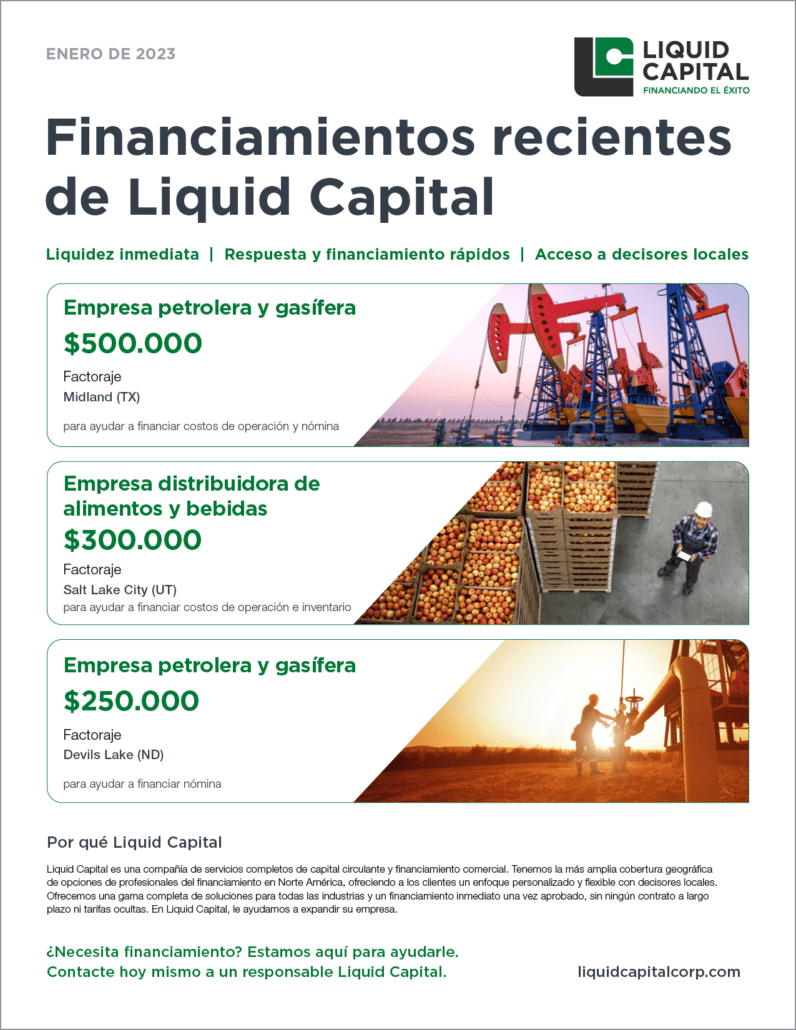Start meeting market demand: Here’s how to fund your staffing agency’s growth plans
To remain competitive, your staffing agency’s growth plans need to be supported by a healthy cash flow. Here’s how invoice factoring can help.
Job vacancies have been hitting all-time highs across most industry sectors. But for staffing agencies, it means business is booming—and there’s potential to grow quickly to meet market demand. But the ability to meet payroll is a major challenge for staffing agencies looking to grow their business.
So what’s the best way forward? Keep reading to find out why working capital is critical to success and how alternative funding options could open opportunities for growth.
New opportunities for staffing agencies
The pandemic redefined the workforce, shifting traditional work models and accelerating the talent shortage. It led to the Great Resignation and Quiet Quitting, followed by further shake ups in the market, such as high inflation and wage increases. Despite the potential for an economic downturn, workers continue to demand increased flexibility such as remote and hybrid work arrangements.
Many businesses and government organizations are concerned about what’s ahead, and whether they will be able to obtain the talent they need. This staffing shortage has had a profound effect across sectors, from healthcare and construction to hospitality, retail and manufacturing. For certain sectors, such as healthcare, these shortages have been particularly acute.
For staffing agencies, however, it represents an unprecedented opportunity for growth. But taking advantage of these opportunities requires working capital and steady cash flow. It often requires funding major expenses, such as payroll, through traditional financing methods while waiting for clients to pay their invoices.
A staffing agency is only as good as its staff
The cost of payroll financing is high, particularly when hiring high wage earners such as IT and medical professionals. If a staffing agency needs to pay those professionals every two weeks, but clients pay their invoices in 30, 45 or 60 days, your ability to meet payroll, hire new staff and increase sales can be a challenge.
Many traditional banks are tightening their lending criteria. Without access to working capital, staffing agencies often struggle to meet payroll and end up passing on business growth opportunities.
How alternative funding can help staffing agencies meet demand
If your staffing agency has to wait on client payments to hire and pay staff or meet other business growth objectives, invoice factoring could be the solution to your working capital needs.
Staffing agencies can use invoice factoring to reliably and quickly access the working capital they need. Unlike traditional financing options, invoice factoring doesn’t depend on how long you’ve been in business or require the same types of documentation. Essentially all you need is credit-worthy clients and customer accounts receivables to secure your funding.
How does it work?
Liquid Capital purchases your outstanding invoices, advances your business up to 85% of the value of your invoices and collects payment from your clients. You receive the working capital you need to pay staff and take advantage of opportunities to grow your business. The remainder is paid back to you on receipt of payment minus factoring fees.
You also decide how long you need to use factoring services—and you won’t be locked into a long-term contract. So during months where you have adequate cash flow and don’t need to factor your invoices, you’re able to opt out of the process.
Perhaps just as importantly, by working with an alternative lender like Liquid Capital, you’re forming an invaluable partnership with an experienced advisor who will look past current challenges to see your potential—and will work alongside you to find the right funding solution to grow your business.
Meeting the demands of the healthcare sector
A staffing agency in the healthcare sector came to Liquid Capital for invoice factoring. The company had been invoicing $30,000 a week but had to use personal credit cards to make payroll while waiting for client invoices to be paid. Not a comfortable situation.
Over time, it became harder to make the minimum payments on the cards, which meant the staffing agency wasn’t able to take on new contracts and grow the business—at a time when demand was high for its services.
Taking advantage of Liquid Capital’s invoice factoring services means they’re now able to stop worrying about cash flow. They can mitigate the challenges of waiting for invoice payments, allowing them to focus on growth—taking on new contracts, growing revenue and training staff.
This has had a profound impact on their business. Two months after they began invoice factoring with Liquid Capital, the staffing agency recorded a six-fold increase to their weekly invoice total. They were then able to hire and place more staff and accept more government contracts.
“All of my clients tell me, ‘I sleep better at night, knowing that I’m going to have the liquidity to operate and I know there are no more limitations.’”
—Liquid Capital Principal
Easing cash flow pressures to achieve success
With conditions changing rapidly across industry sectors and in the broader economy, a staffing agency’s ability to respond quickly to meet challenges or opportunities is crucial to success. Invoice factoring can ease short-term cash flow pressures and free up the time and overhead spent monitoring and collecting accounts receivable to remain competitive and focus on new opportunities.





















